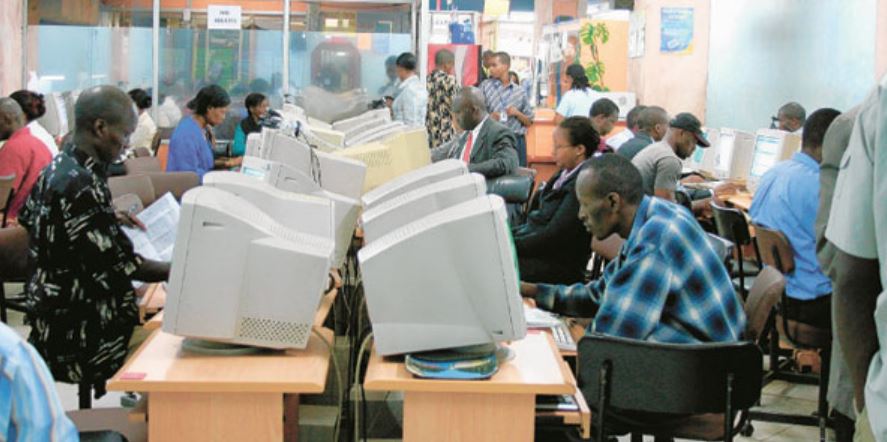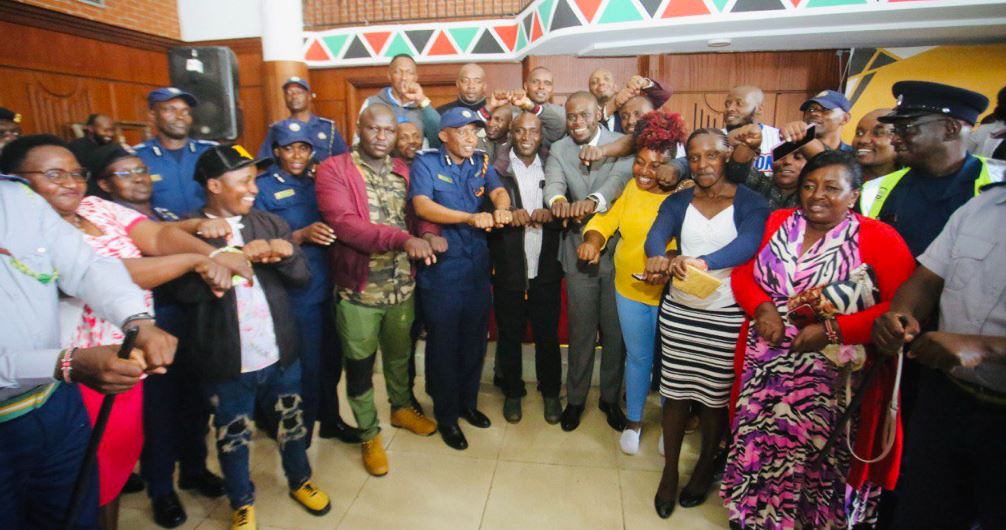 The Kenyan government is set to relicense all internet cafés and introduce stricter regulations to improve oversight and drive growth in the local ICT sector. This move is part of broader efforts to create a more structured and secure digital environment.
The Kenyan government is set to relicense all internet cafés and introduce stricter regulations to improve oversight and drive growth in the local ICT sector. This move is part of broader efforts to create a more structured and secure digital environment.
Currently, the Communications Authority of Kenya (CA) licenses these establishments under the Public Communication Access Centre (PCAC) category.
However, in a December proposal, the CA detailed plans to shift internet cafés to a newly created ‘Internet Cafés’ category. This change comes alongside the government’s initiative to roll out free public Wi-Fi hotspots across the country, managed by the ICT Authority.
The CA’s report highlights the regulatory challenges posed by the widespread operation of cybercafés, which mirror issues found in the regular vendor license category. By streamlining licensing and introducing new controls, the government aims to enhance accountability and security for both operators and users.
The new licensing framework will require cafés to install logging-in software to monitor activities and implement CCTV surveillance on their premises. The CA states, “This licence will be reintroduced as a CLASS Licence with specific terms and conditions, including provisions for record-keeping, logging-in software, CCTV surveillance, and user identification.”
In addition to these measures, the government plans to install 25,000 public Wi-Fi hotspots, establish 1,450 ‘Digital Village Smart Hubs and Studios,’ and develop three data centers under its ‘National Digital Superhighway Programme.’ These initiatives are designed to foster digital inclusion and support the country’s growing ICT infrastructure.








